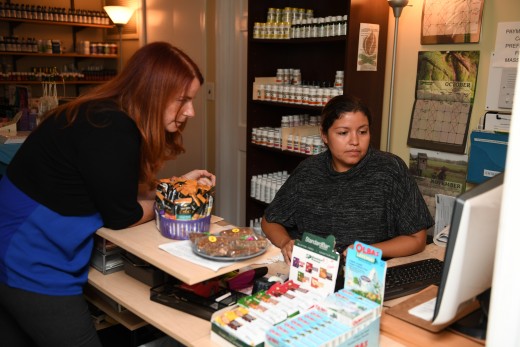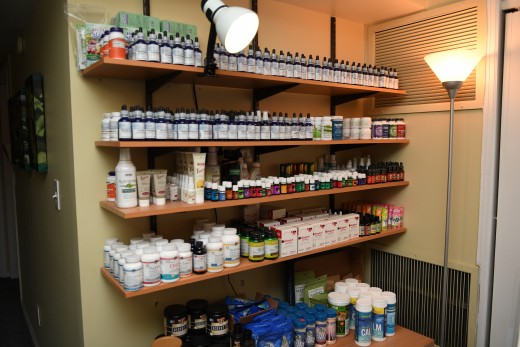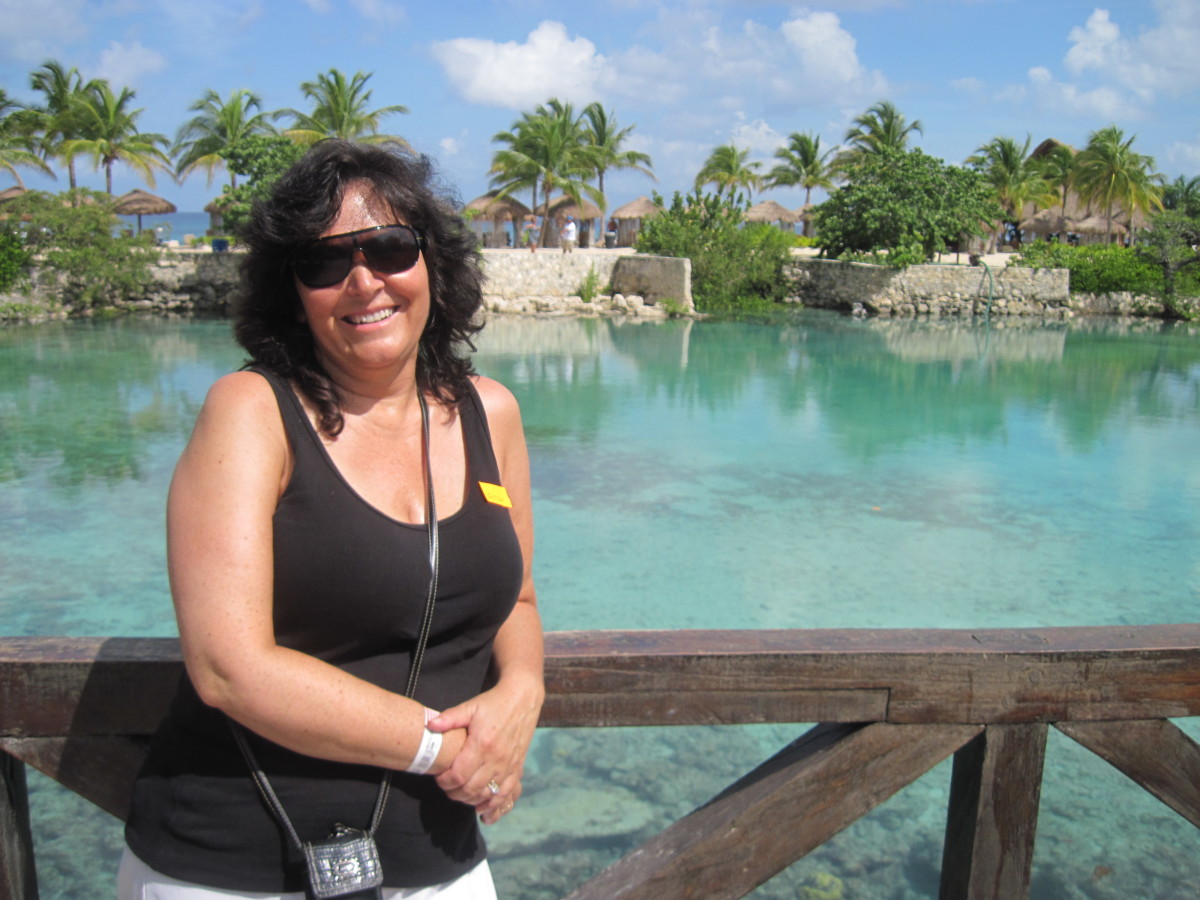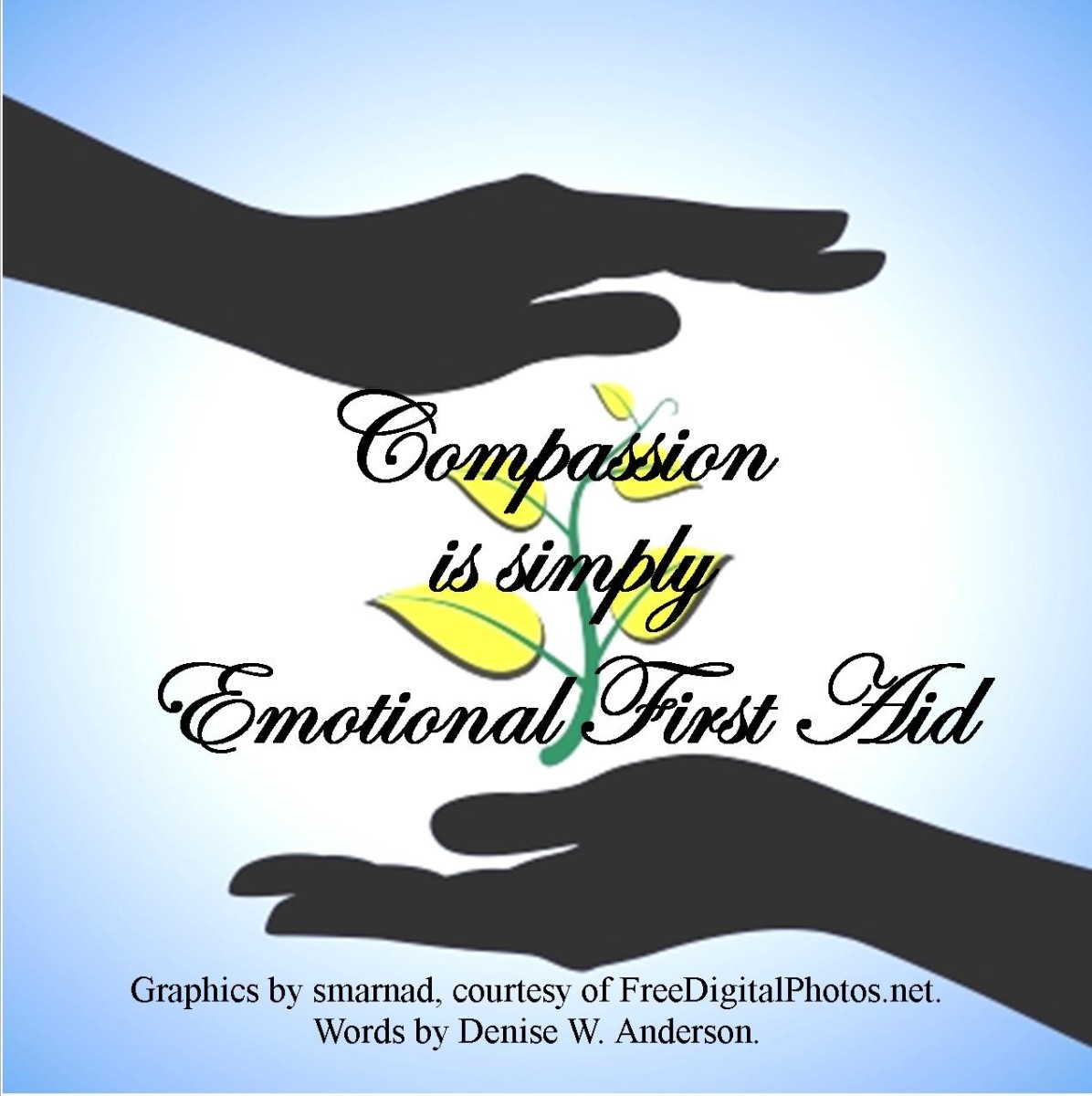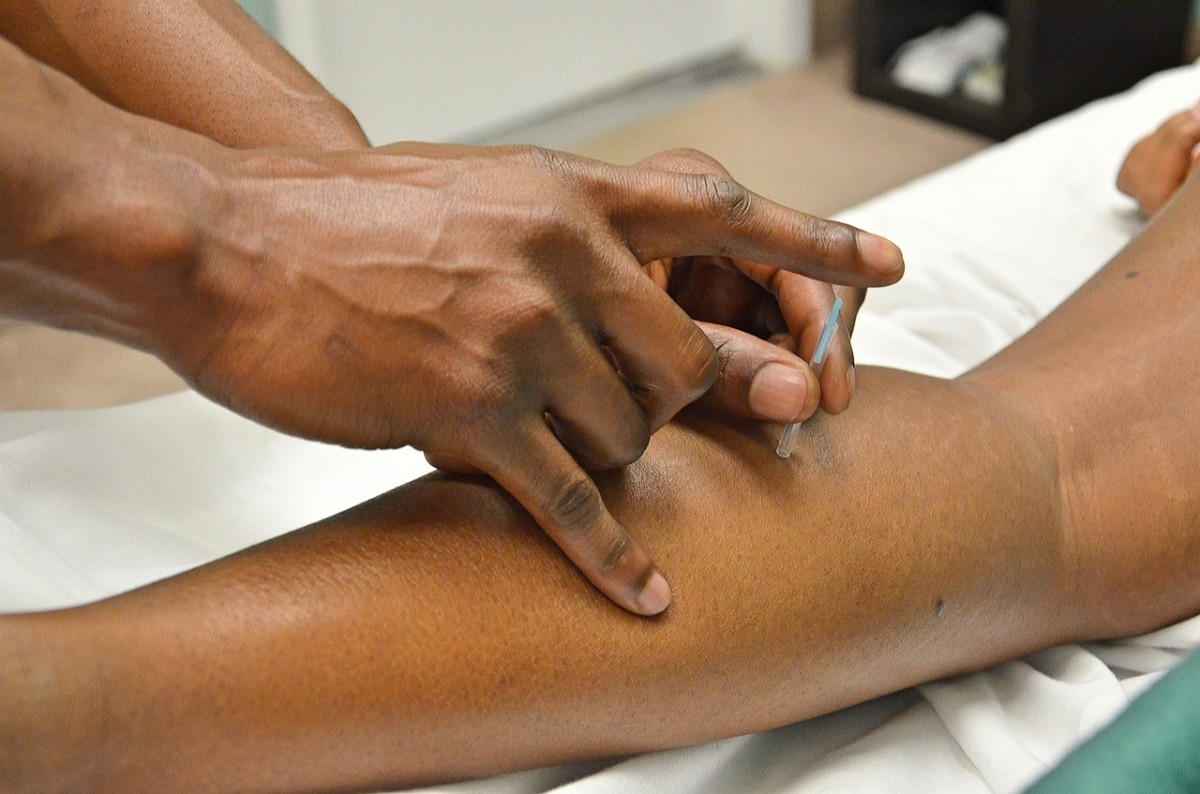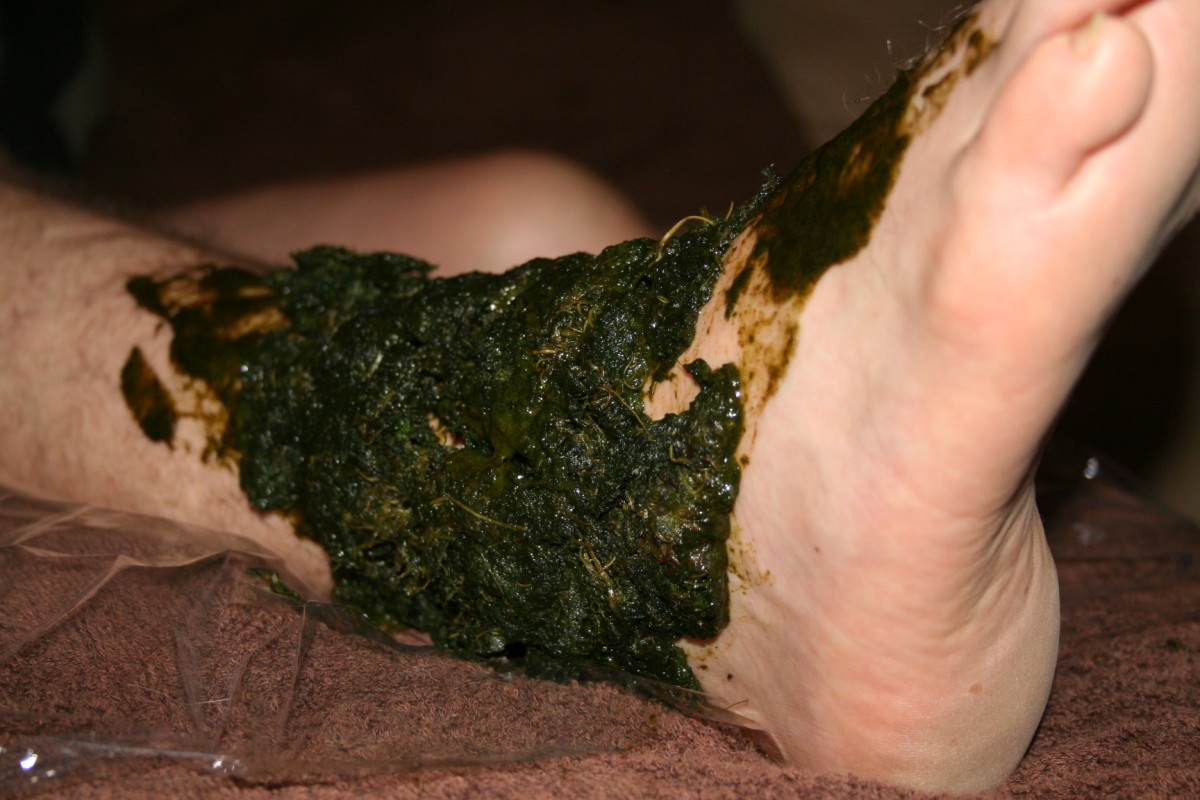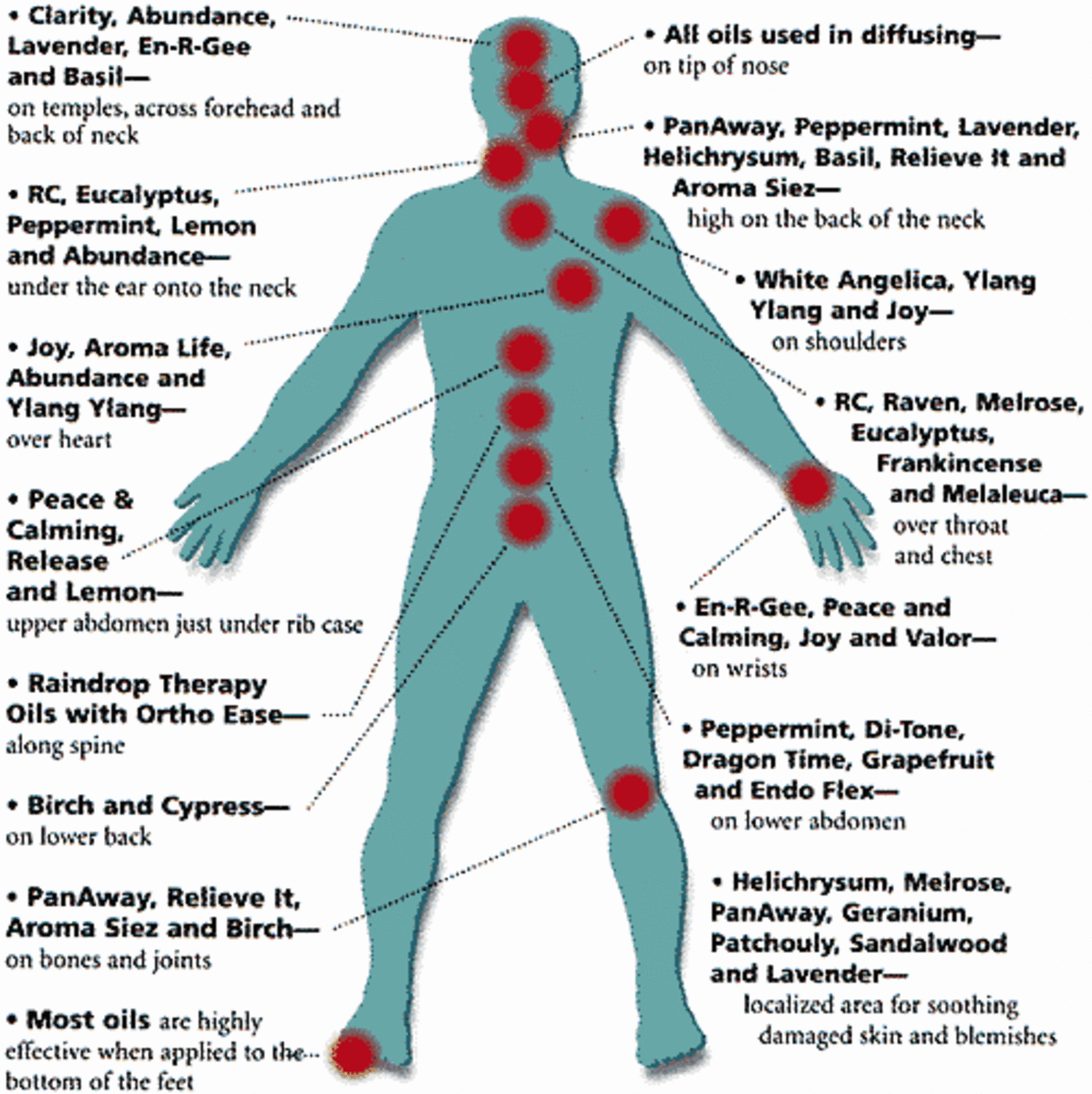Learning and Healing With Dr. Cori Stern and Nutrition Response Testing – Part 1
Dr. Cori Stern
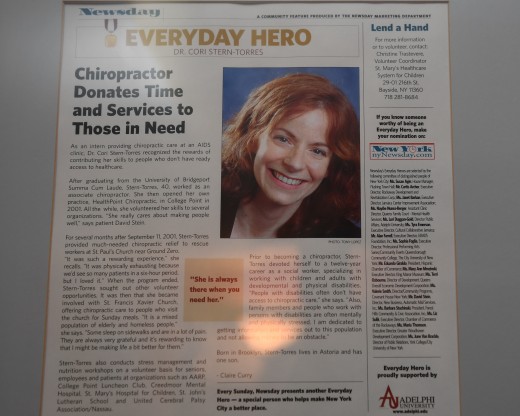
Dr. Cori Stern was just 15 years old when she decided there had to be a better way. She’d lived most of her younger life being sick. The final straw was when she was plagued with a chronic Strep Throat infection and antibiotics did not help.
“I was too sick to have any fun. I was literally stuck in bed,” she recalled as we sat in her Queens, NY, office, now over 35 years later. “I came to the conclusion that medical doctors did not help people and decided I was going to help myself.”
Back in the late 1970s and early 1980s, the go to magazine was Prevention. So, Cori began her quest to soak up as much information as she could from that magazine. “I discovered the connection between what your body needs and your state of health.” She was learning early that there was a lot of validity to that coined phrase, “you are what you eat.”
One of the first things she realized was that as smart as her parents might have been, they didn’t get that connection. “My parents were feeding me garbage. My mother worked – so she often stopped at McDonalds or Kentucky Fried Chicken, or we had pizza.”
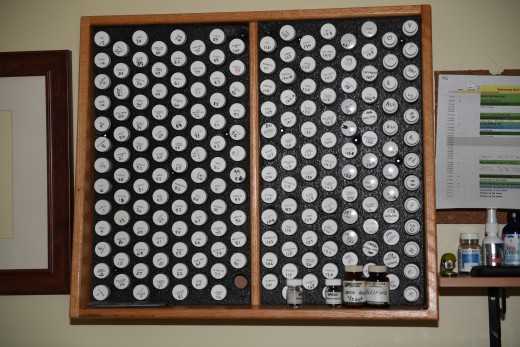
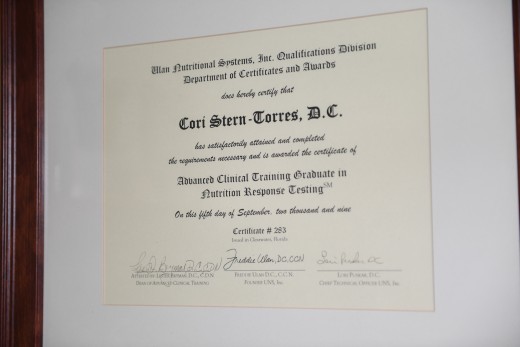
The Road to Recovery
It was then, at that young age, that she made the decision to completely change her diet at her own expense. In a way it was no surprise as Cori was well ahead of her time and graduated High School the same year she came to this conclusion. At the time she was making a dollar an hour as a babysitter. She began saving her money and spending it on the right foods.
Cori thought back to the times when there were no wires all over the place, no cell phones, no microwaves and other things affecting our bodies and used that as her ruler. She started consuming herbs, eliminated sugar and white flour from her diet and began eating pure healthy foods. And it worked.
“I cured myself. I stopped my Strep and no longer got sick.”
Like so many of us who have this food revelation, once that seed was planted, she wanted to share that knowledge and help other people so they wouldn’t have to go through what she went through.
Watching Dr. Cori Test a Patient with Nutrition Response Testing®
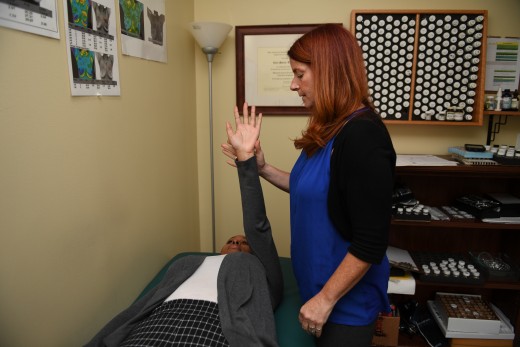
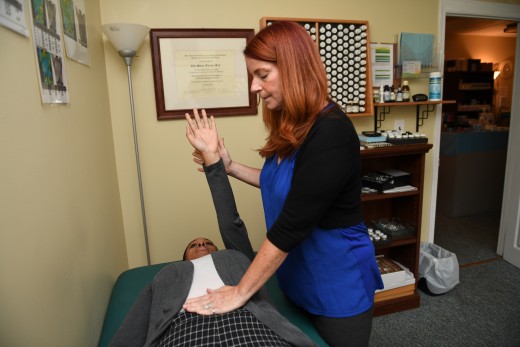
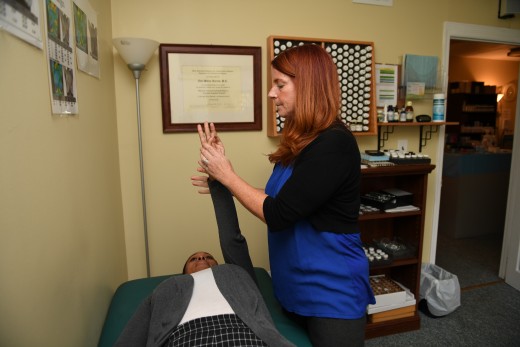
Helping Others
For the next 20+ years, she delved into what she thought were the best ways to do that. For 12 years, starting at age 19, she was a social worker helping chronically and acutely ill children.
It was during this time that she revealed to me that at 23 she gave birth to a special needs son with Apert Syndrome, a genetic disorder that causes abnormal development of the skull. Babies with Apert Syndrome are born with a distorted shape of the head and face. Cori is clearly proud of her son, because she immediately took the time to introduce me to Ciano. In fact, to date her son is one of her most loved employees.
While that didn’t become the focus of our conversation, it made me realize how determined she was and how difficult that must have been for her. Perhaps it even made her more determined to find her true path.
Because, over time, she realized being a social worker wasn’t enough.
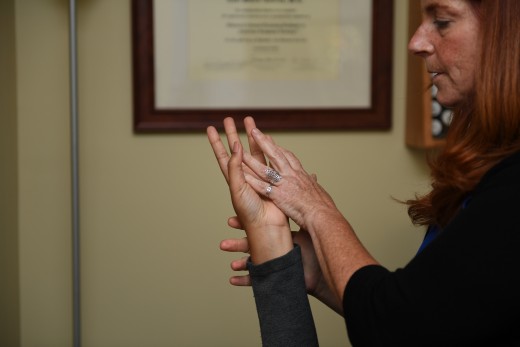
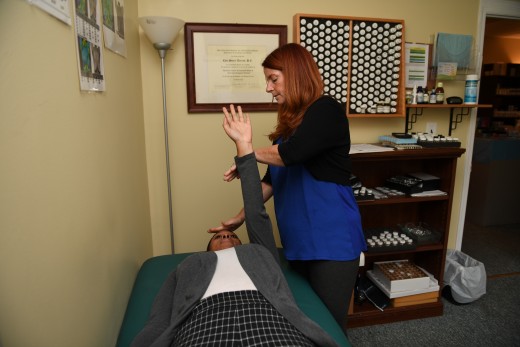
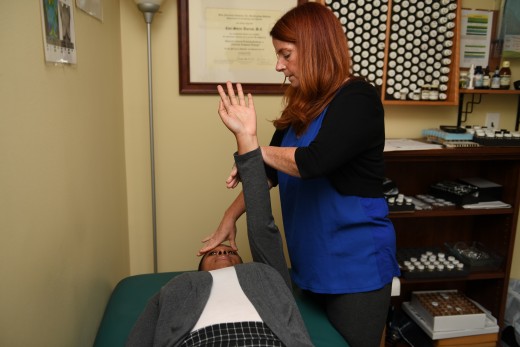
Switching Careers
“I woke up on my 32nd birthday feeling like I needed to help people in a broader way.” She was getting a chiropractic adjustment that day. When she got to the office and looked around, she realized that right before her was the next path on her journey. She recalls being inspired and realizing that this was what she wanted to do next.
Wasting no time, she found a chiropractic school and applied. For four years she commuted from Queens to the University of Bridgeport, CT. She ultimately graduated and in June of 2001 she opened her office in Queens, where it still resides today. By then she was 38 years old.
It turned out that being a chiropractor gave her another stepping stone. She was allowed to practice nutrition under her license. And so she added that into what she offered, but surprisingly it wasn’t working.
“People weren’t getting well. I struggled for five years to try to help people effectively and I wasn’t satisfied with the results,” she recalled. And sadly her business was not doing well. “I was limping along, wasn’t meeting the bills and wasn’t taking a salary. I was getting to a crisis point, even so far as considering bankruptcy,” she recalled.
She considered getting a job and when one of her patients, who works for the Queens Tribune, suggested she work there, she decided to go for an interview and got the job.
Yet, it just didn’t feel right. It was then that she walked through the next door in her career.
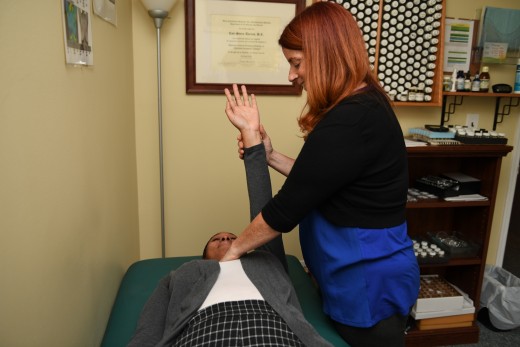
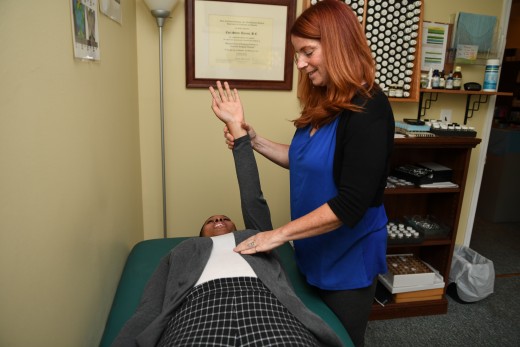
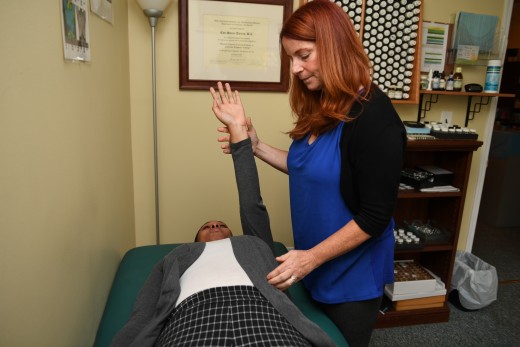
Finding Nutrition Response Testing
She went to a seminar on bone health and learned some things about nutrition that she never knew. The key element was when they were explaining why whole foods are the replacement parts that the body needs and that vitamins and supplements should be made out of whole foods.
“It made so much sense to me. It was like some missing pieces were falling into place.”
During that seminar she met a nutritionist who ended up being her Holy Grail. They were on the lunch line and he asked if she’d ever heard of Nutrition Response Testing. Since she’d never heard of it before, it peaked her curiosity and as was her norm, she started doing some research.
Paul J. Rosen, J.D., L.Ac., EAMP, in his book, The Missing Piece, defines Nutrition Response Testing as “a technology that obtains critical information about bodily function from the autonomic (something that occurs involuntarily like breathing) nervous system.”
Once this information is obtained the practitioner can then help guide you with an individualized Nutrition Response Program, which Rosen describes as a, “healthy improvement program designed to restore normal bodily function.”
Rosen goes on to explain that the reason this works so well is because “we access the body’s innate intelligence and combine that with our educated intelligence.”
Once Cori grasped the concept she decided to give it a try with her patients.
Even with the little knowledge she had learned, she noticed that people were getting results. That made her realize that if she buckled down and really learned Nutrition Response Testing she could do even more.
Now her journey took her to a school in Clearwater, FL where she not only learned about Nutrition Response Testing but also how to run a business, something the chiropractic school failed to teach her.
The key thing she learned was that in order for the program to work, people have to follow the program. So, she now realized that she could only accept patients that she felt were committed, otherwise they wouldn’t get the results.
“That completely transformed my practice. My business boomed, almost effortlessly. The results were that 95% of my patients were getting the results they were looking for.”
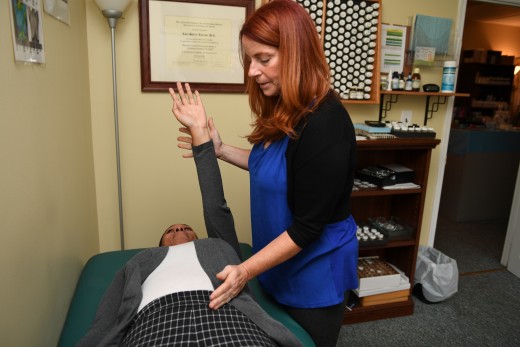
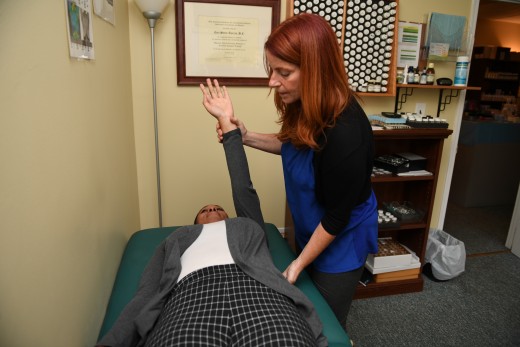
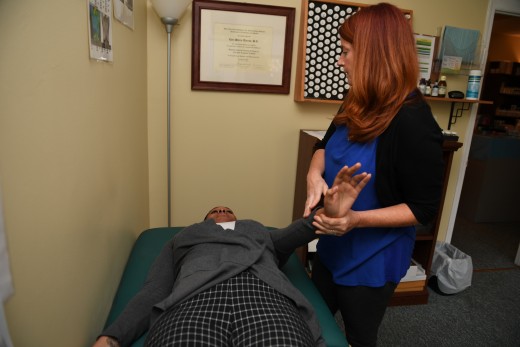
Understanding Nutrition Response Testing and Our Bodies
Cori took some time to talk about health in general because there are certain basics that everyone should follow.
To begin with, every patient has to stop eating sugar during this healing process and focus on what our bodies are made of; specifically protein, fat and carbohydrates.
“How do you give it the replacement parts,” Cori queried. “You start with the basic premise. Take technology away. Take farming away. Way back when, you gathered the plants, fished in the waters, ate what you caught. That’s what humans are designed to eat.”
Cori went on to affirm that there might be some geographical differences based on where you come from, such as a Tropical Island, or a more winter focused climate. The bottom line is that nature has provided us with what our bodies require. So, we need to find really good clean sources of it.
Cori further looked at how much sugar people ate way back when, since back then there was no processed sugar and any sugar that was eaten (such as honey and maple syrup) took time to get. So, back then they weren’t eating the amount of sugar people are eating today and what they were eating was from natural sources.
Nowadays we see what happens to bodies that have been over exposed to sugar, especially processed sugar; namely diabetes, cancer, or a compromised immune system.
What Cori loves about Nutrition Response Testing is that it eliminates the guesswork. You can test your body for what you can and can’t have and where the weaknesses are.
For instance, while Cori’s son can drink all the whole milk he wants, she can’t, because each body is different and her body won’t tolerate it.
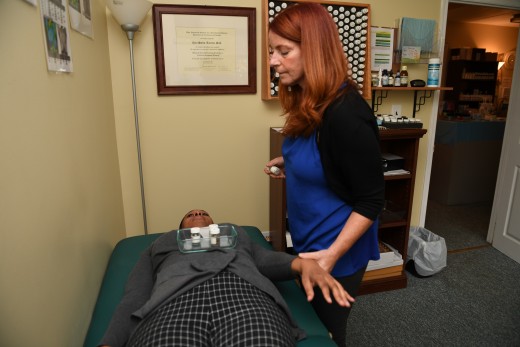
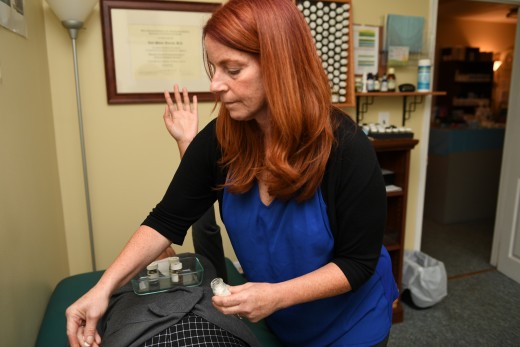
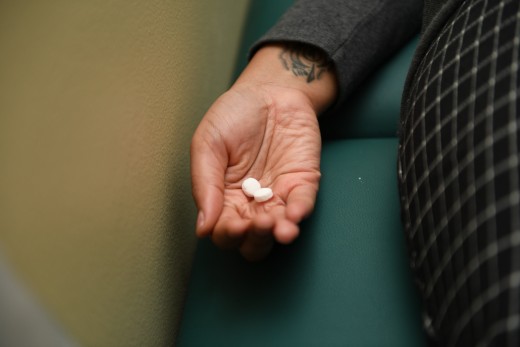
Testing Me
Part of the reason I reached out to Dr. Cori was because in 2014 I was in an ultimately debilitating and very severe car accident that has left me with difficulty walking, and especially climbing. While I’m doing better, much like Cori, I’ve been feeling that with all the effort I’ve put into healing myself, something is missing.
A friend told me that I should go to Dr. Cori and so here I am.
The last part of our meeting was learning what my next steps should be. In total there will be five main stressors that can create obstacles to a body's healing:
- scars on the surface of the skin (of which I have many from childhood surgery)
- heavy metals
- toxic chemicals
- food sensitivities
- immune challenges (fungus. parasites, etc.)
The reason that scars are on this list is because they disrupt the nervous system fibers.
First on the “to do” list is determining if your autonomic system is turning on and/or off at the right time. If not the body is going to be under a lot of stress. Consequently, first you need to correct that.
As it turned out, mine is not and so far that seems to be coming from heavy metals. Also, it appears my kidneys are not very happy or have nutritional deficiencies. I also may have a problem with copper toxicity. So, now I start my very first steps to repair my body.
And so I end this first in this series of articles with how Dr. Cori concluded our first meeting saying, “When you do very specific nutrition you get very specific results and can design a very specific program for each person. We don’t treat symptoms. We are looking for the underlying causes for your problem.”
I now have some very specific results I need to address and with her guidance I am going to do the following:
- Take some specific whole food nutritional supplements.
- Begin writing a food journal which will be the first step toward possibly modifying my diet.
- Be followed up on a regular basis by Dr. Cori to ensure I am progressing as expected.
I’ll keep you apprised of how these first steps are working in part 2 of this series and then where I go from there. This is my body’s own healing journey and how long it will take is really up to the direction my own body gives both me and Dr. Cori.
So, continue to follow along with me as I work through my discovery and healing journey. For more about Dr. Cori visit her website healthpointnutrition.com. To follow along with me, ask questions or offer comments follow my Empowered Healing Journey facebook page or make a comment below.
